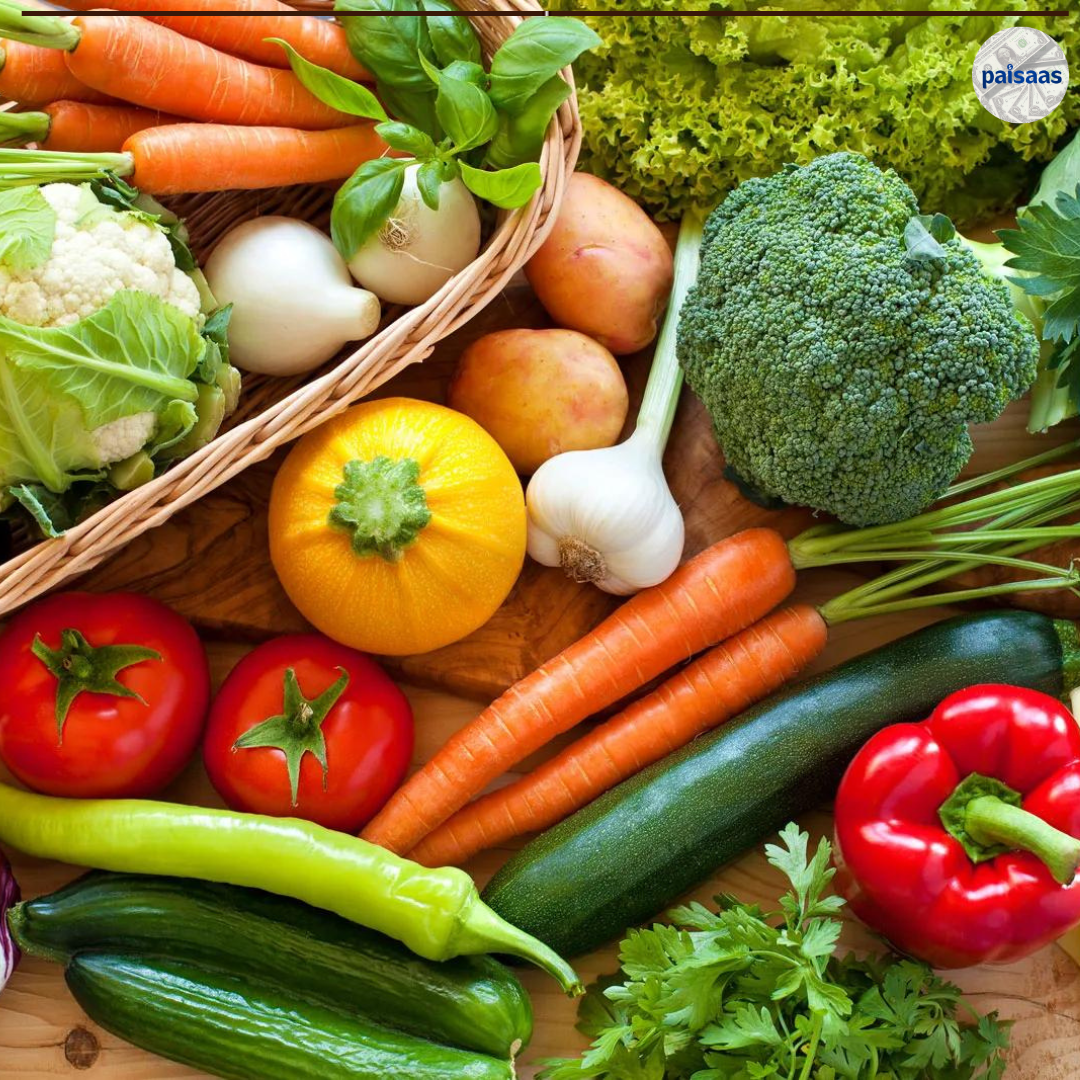

Pricey veggies and dal could delay the rate drop.
Pricey veggies and dal could delay the rate drop.
The reduction in key interest rates that emerged on the speculative horizon following the sharp decline in retail inflation to 4.25% in May receded into the distance as several economists warned that the persistent rise in prices of vegetables and dal might push up the inflation anywhere from 10 to 30 basis points. This caused the speculative horizon to recede further into the distance.
A percentage point is divided into one hundred equal parts called basis points.
Inflation at the retail level reached a low not seen in the previous 25 months in May, much to the satisfaction of policymakers. It was the third month in a row that the rates went down, with March and April’s rates being recorded at 5.66% and 4.7% respectively. Economists have expressed concern that June would put a damper on the festivities.
Vegetables play villain
In spite of the fact that the RBI forecast an average retail inflation rate of 5.1% for the full FY24, analysts have warned that the rate might potentially jump to 5.3-5.5% in the worst-case scenario. If veggies and dal play the villain to that extent, then the fall in key interest rates that India Inc. and many retail borrowers are hoping for would be pushed back even further than the last quarter of FY24. This is something that has been discussed ever since the retail inflation of May was released.
The retail inflation basket gives food goods around a 46% weightage, which is interesting to note. In this particular basket, veggies and dal make up approximately 8.4% of the total weight.
“If prices remain high, RBI may not go for a rate cut in early 2024,” commented the chief economist of Bank of Baroda, Madan Sabnavis. Earlier, he had mentioned that there was a possibility of a reduction taking place in February of the following year.
Das’ worries
In response, the governor of the Reserve Bank of India (RBI), Shaktikanta Das, expressed delight at the falling rate of inflation. However, he also stated at the beginning of June that there was no room for complacency and that there was a need to keep a vigilant check on inflation in order to fine-tune policy and prevent it from raising its ugly head. In point of fact, the head of the RBI has already expressed concern that El Nino could have a negative effect on agricultural output. According to the report from the bank, the development of the northwest monsoon would play an important role in assuring agricultural productivity.
The Reserve Bank of India (RBI) did not alter the repo rate, which is the interest rate at which it lends money to banks, from 6.5% during its meeting to discuss monetary policy in June. It was the second time that they maintained the same interest rate at the same level.
In addition, it is the responsibility of the Reserve Bank of India (RBI) to maintain retail inflation within a range of 2% to 6%, but Das made it plain that they will work towards reducing it to 4%.
Expert perspectives
In addition, S&P Global Ratings predicted that a reduction in interest rates, most likely in the amount of 25 basis points, or 0.25%, might be on the horizon at the beginning of the next year.
Aditi Nayar, who is the chief economist at ICRA, shared the view that the continually high prices of vegetables hampered any possibility of interest rate reductions occurring during this calendar year.
Economists from Nomura Securities, Sonal Verma and Aurodeep Nandi, concurred with the statement that the rising cost of vegetables made it more difficult for the RBI to take the risk of lowering interest rates.
In point of fact, according to Parag Jasrai, a senior economist analyst working for the rating agency Ind-Ra, the heavy rains that have been falling in northern India could cause significant increases in costs by causing disruptions in the supply chain of vegetables and other food goods.
The economist at the Bank of Baroda expressed concern about the possibility of a shock caused by onions in the month of October.




